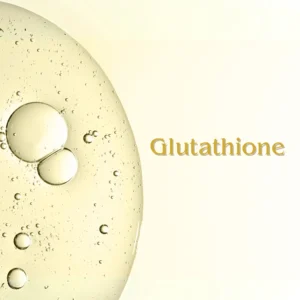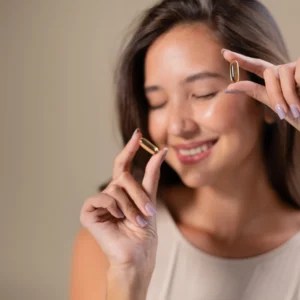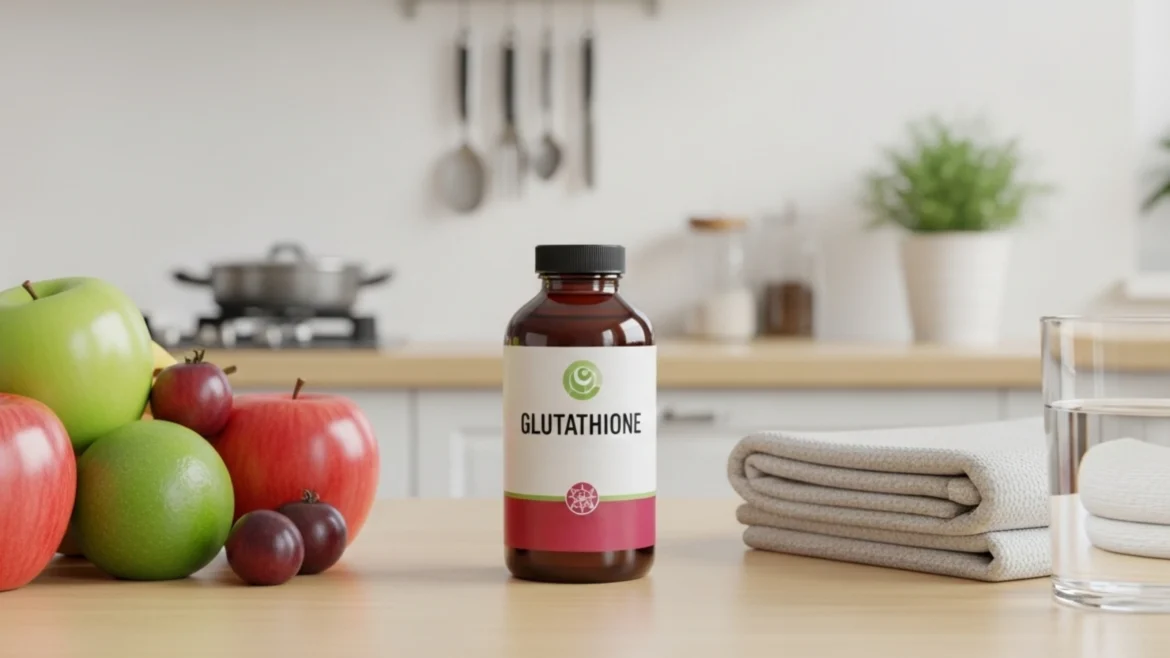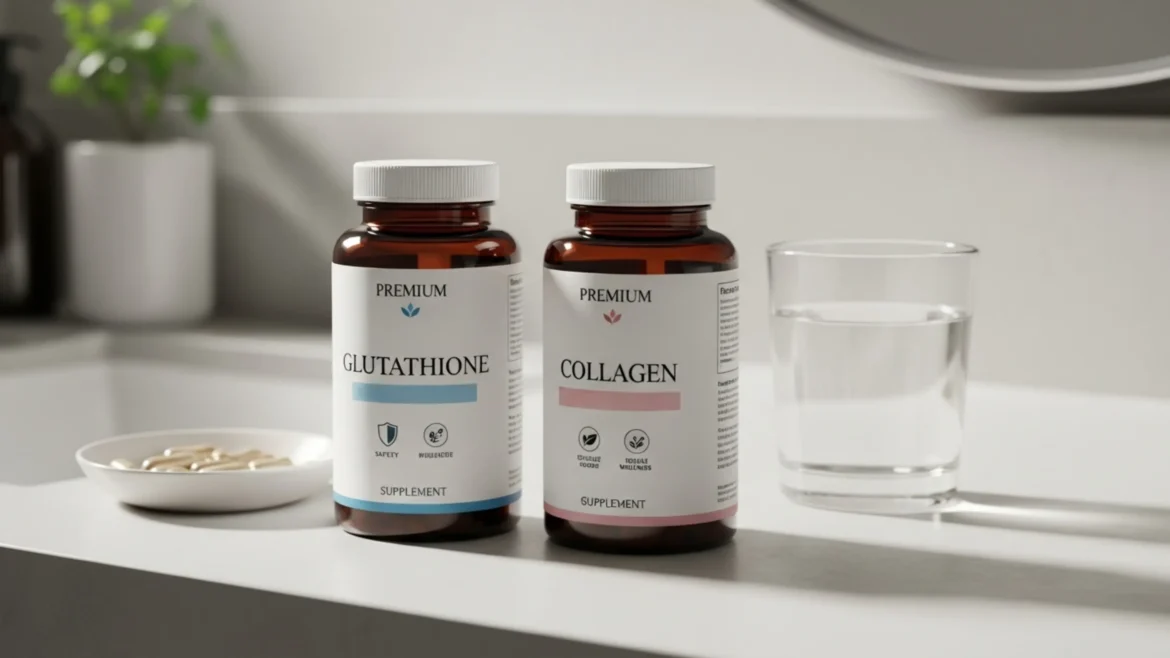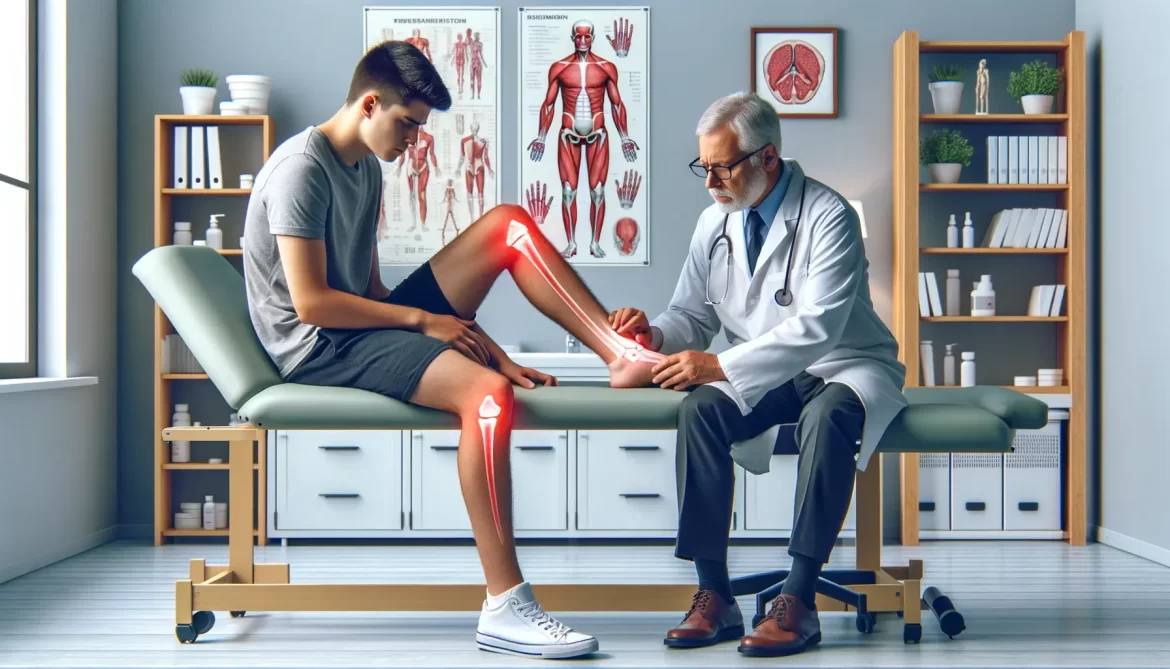If you’ve added glutathione and collagen to your wellness routine, you’re already making a smart move. These two supplements are trusted by many for their powerful beauty and health benefits. Glutathione helps brighten the skin and detox the body, while collagen supports firm skin, strong joints, and healthy hair. But here’s something that’s often overlooked: timing truly matters.
Taking these at the right time can boost absorption and improve results. So, when should you take them? Morning or night? With or without food? Let’s break it down in a simple, easy-to-follow way—so you get the best from every dose.
Highlights:
- Best Timing Matters: To support optimal absorption, take glutathione in the morning along with Vitamin C. If you have a sensitive stomach, it’s best to take it after a light breakfast. Collagen is ideal in the evening, when the body naturally enters repair mode during sleep.
- Smart Pairing Works: Glutathione and collagen can be taken together but are most effective when spaced out. Pair them with nutrients like Vitamin C and hyaluronic acid for enhanced results.
- Consistency is Key: Daily use, proper hydration, and a healthy diet help maximize benefits. Results typically appear in 2–4 weeks, with more noticeable changes by 8–12 weeks.
Table of Contents
Why Glutathione and Collagen Make a Great Pair
Before we dive into timing, let’s quickly review what each supplement does. Glutathione is a powerful antioxidant. Your body naturally makes it, but levels drop as you age or when you’re stressed or sick. Many take it for skin brightening, detox support, and a strong immune system. On the other hand, collagen is a structural protein. It keeps your skin firm, your joints flexible, and your hair and nails strong. Like glutathione, collagen production also slows down with age.
Together, they work beautifully. Glutathione helps your skin stay bright and youthful, while collagen improves elasticity and firmness. Taking them together is like giving your body a beauty and wellness boost from the inside out.
Morning Magic: When to Take Glutathione
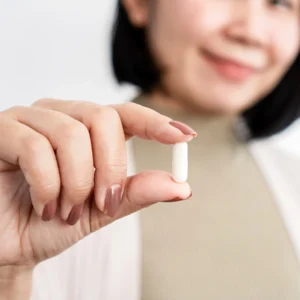
Photo taken by doucefleur
When it comes to glutathione, timing makes all the difference. The best time to take it is in the morning on an empty stomach. Why? Because that’s when your digestive system is most ready to absorb nutrients. With nothing in your stomach, glutathione can enter your bloodstream more efficiently.
For best results, take glutathione about 30 minutes before breakfast with a glass of water. To boost its effectiveness, pair it with Vitamin C—either after your meal or with a light breakfast if you have a sensitive stomach. Vitamin C helps regenerate glutathione and enhances its absorption. Some people take a separate supplement, while others prefer fresh lemon water for an extra lift. You might wonder—can you take glutathione after meals? Technically, yes. But it’s not ideal. Food, especially heavy or oily meals, can interfere with absorption, reducing its effectiveness.
Also, be careful what you drink with it. Avoid dairy, coffee, or alcohol around the time you take glutathione. These can reduce its absorption or even cancel out its effects. Stick to plain water or water with Vitamin C, and you’re good to go.
Nighttime Nourishment: When to Take Collagen

Photo taken by supapornjarpimai
Collagen, on the other hand, doesn’t rely as much on an empty stomach and is a bit more flexible. You can take it in the morning or at night—both have their perks. Taking collagen in the morning may support your skin’s daytime repair process and even give you a small energy boost, especially when added to smoothies or coffee. It’s a great way to start the day on a healthy note.
On the other hand, nighttime might be the sweet spot. While you sleep, your body naturally enters recovery mode. This includes rebuilding skin, repairing joints, and strengthening bones. Taking collagen before bed may align perfectly with this process.
What about food? The good news is, collagen works well with or without meals. That makes it easy to fit into your routine, whether you prefer pills, powders, or ready-to-drink formulas. Many users mix the powder into coffee, tea, or water with no issue. To take things further, consider pairing collagen with Vitamin C or hyaluronic acid. These ingredients help support collagen synthesis and hydration, amplifying your results.
Also, remember that the form you choose matters.
- Powders are absorbed quickly and work well when mixed into your morning drinks.
- Pills are easy to take and ideal for people with busy routines.
- Ready-to-drink formulas are convenient and perfect for taking on the go anytime.
Can You Take Them Together? Absolutely—But With a Plan
It’s safe to take glutathione and collagen on the same day. In fact, they complement each other well.
| Time of Day | What to Take | Why It Works / What to Consider |
| Morning | Glutathione (preferably on empty stomach) + Vitamin C (take Vitamin C after a light meal or breakfast) | Enhances absorption; Vitamin C boosts glutathione effectiveness |
| Evening | Collagen (with or after dinner, or before bed) | Supports the body’s natural repair process during sleep for better results |
| Same Time | Glutathione and Collagen together | Safe, but may reduce absorption efficiency; best to space them out for optimal individual benefits |
Helpful Tips for Better Absorption
Even with perfect timing, a few lifestyle tweaks can help you get the most from your supplements:
- Stay hydrated: Both glutathione and collagen work better when your body is well-hydrated.
- Be consistent: Results take time. You may notice small changes in 2–4 weeks, with more visible results by 8–12 weeks.
- Watch what you eat: Avoid alcohol, too much sugar, and processed foods—they can reduce collagen and glutathione levels in the body.
- Pair with nutrients: Collagen works well with Vitamin C, zinc, and hyaluronic acid.
Avoid These Common Mistakes
Starting a supplement routine can feel exciting—but it’s easy to make a few slip-ups along the way. Here are some common mistakes to avoid:
- Taking glutathione with coffee or right after eating
Caffeine and food can reduce absorption, making your dose less effective. - Skipping days or frequently switching brands
Consistency is key. Your body needs time to adjust and respond. - Not pairing supplements with the right nutrients
Glutathione works best with Vitamin C, while collagen pairs well with Vitamin C and hyaluronic acid. - Expecting instant results
These supplements support gradual, long-term improvements—not overnight miracles.
Think of glutathione and collagen as part of a steady investment in your skin, health, and overall wellness. Stick to your routine, and results will come.
Final Thoughts: It’s All About Balance

Photo taken by TimeImage
Glutathione and collagen are incredible on their own—but when taken together, they create a powerful routine for both beauty and wellness. With the right timing, consistency, and a bit of patience, you’re giving your body exactly what it needs to glow from the inside out. It doesn’t have to be complicated. Start small, find a routine that fits your lifestyle, and stick with it daily. Over time, you may notice brighter skin, deeper sleep, and stronger joints.
Remember, your body is naturally built to heal and thrive. These supplements simply give it a gentle nudge in the right direction—one day at a time.
Frequently Asked Questions (FAQs)
Can I take glutathione and collagen at the same time?
Yes, it’s safe to take both on the same day. For best absorption, it’s ideal to take glutathione in the morning on an empty stomach, and collagen at night, with or after food.
As for collagen, some brands recommend multiple tablets to meet the full daily dose. If the tablets are large, you don’t need to take them all at once. You can split the dose throughout the day or follow the brand’s instructions based on what’s comfortable for you. Always listen to your body, and if you find it difficult to swallow big pills, consider switching to a powder, liquid, or gummy format instead.
Do I need to take Vitamin C with these supplements?
Yes, especially with glutathione. Vitamin C helps enhance absorption and boosts its antioxidant power.
How long before I see results?
Everyone’s body is different, but most people begin to notice changes like brighter skin or better sleep within 2–4 weeks. Full results may take 8–12 weeks of consistent use.
Can I take them while pregnant or breastfeeding?
It’s best to consult your doctor first before taking any new supplements during pregnancy or while breastfeeding, even if they seem natural or safe.
What happens if I miss a day?
Missing a dose occasionally is fine. Just get back on track the next day. For best results, try to stay consistent as much as possible.
Can I take collagen and glutathione forever?
Yes, both are generally safe for long-term use. Think of them as part of a healthy lifestyle, not a quick fix. Always listen to your body and adjust as needed.


